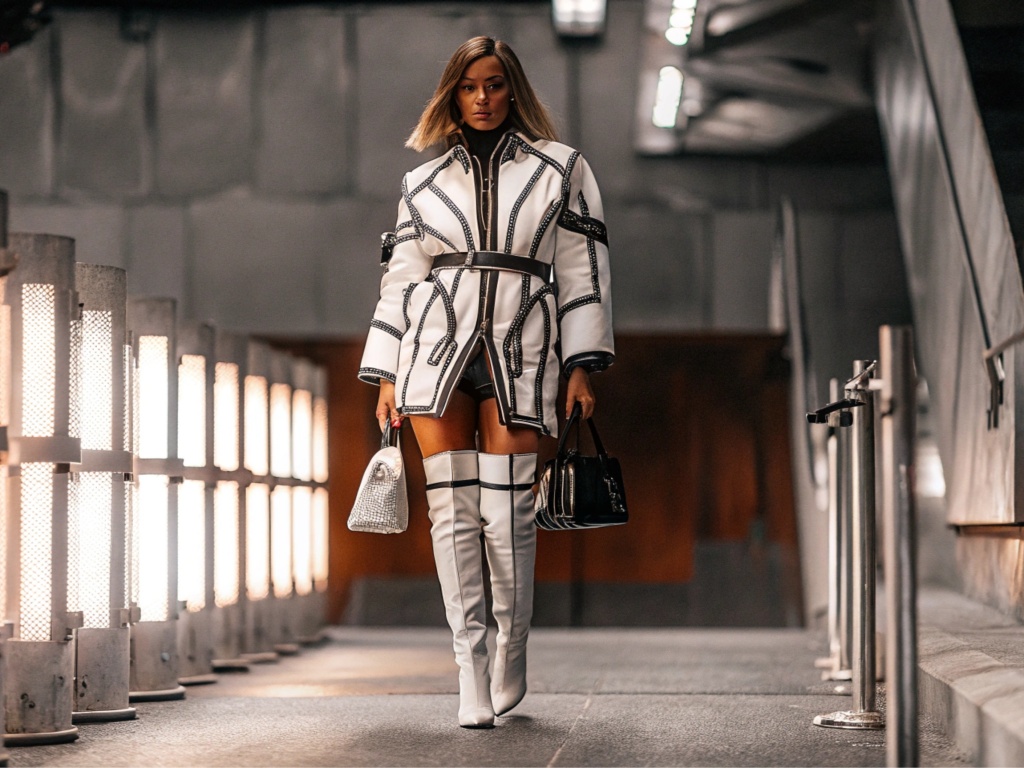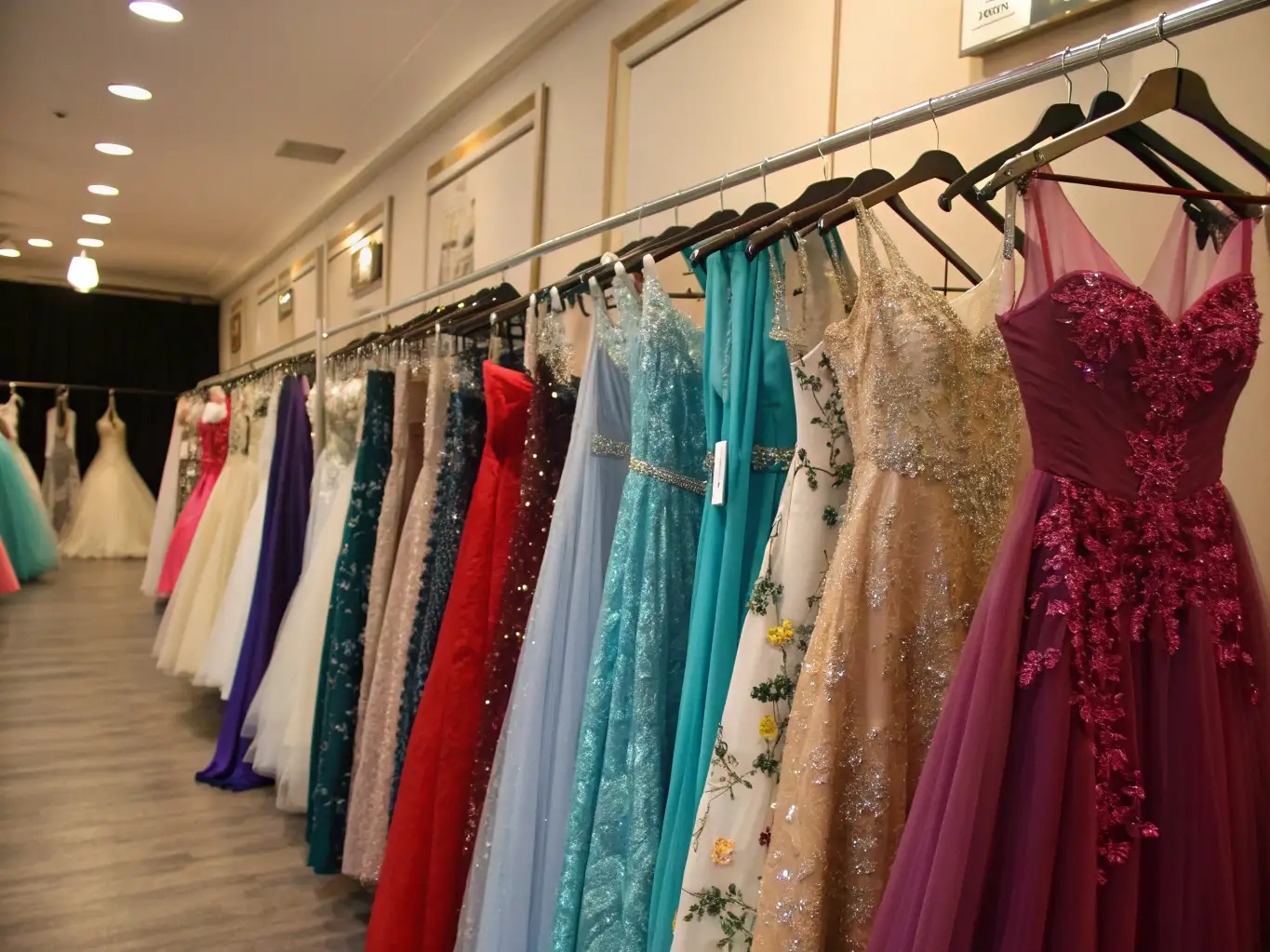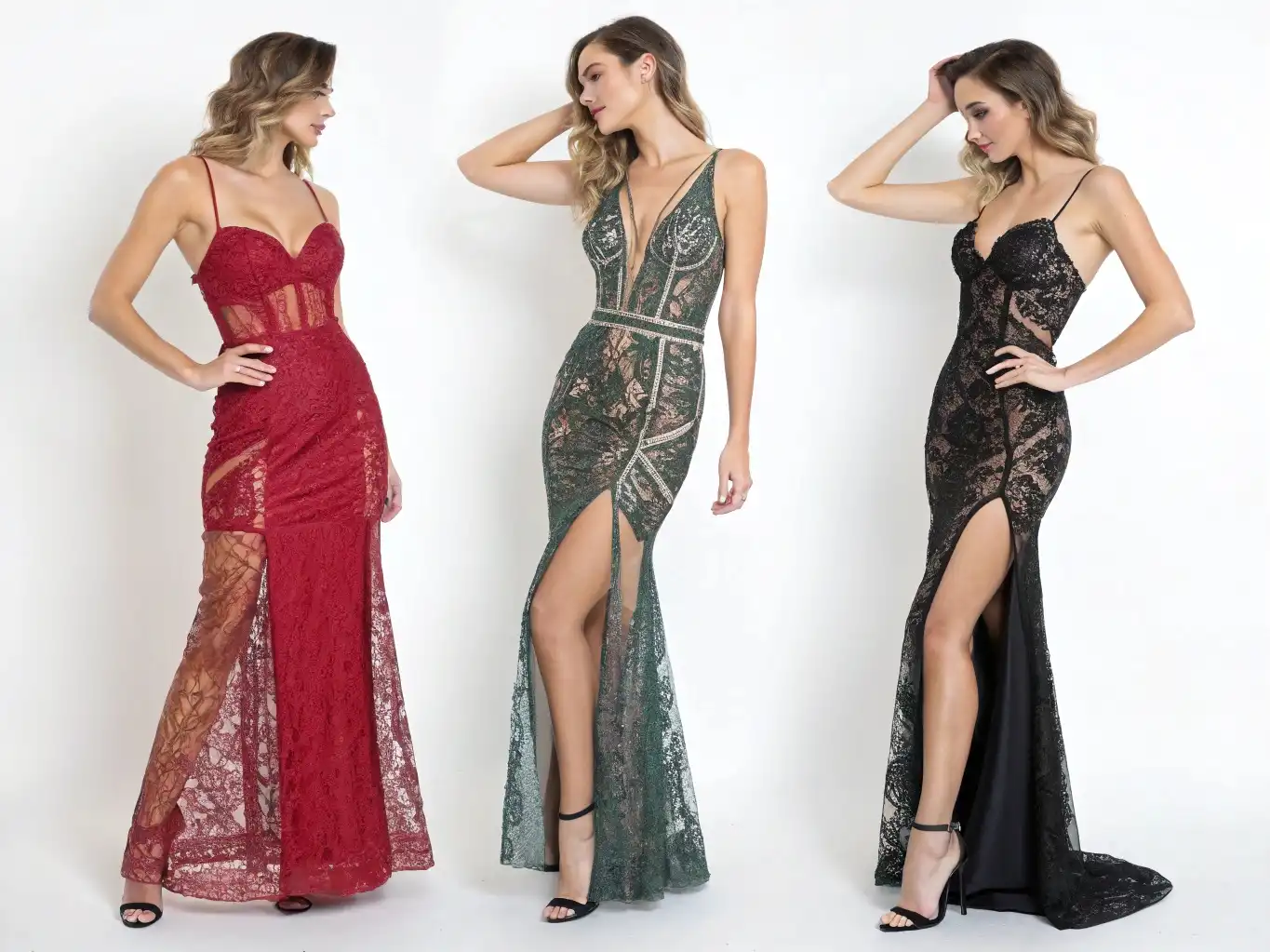Luxury clothing brands symbolize wealth, status, and impeccable taste. Known for their premium materials and timeless designs, these brands cater to affluent individuals seeking exclusivity and refinement.
Brands like Chanel1, Gucci, Louis Vuitton2, and Hermès3 are often associated with the rich due to their unmatched craftsmanship, heritage, and prestige.
Let’s explore the world of high-end fashion, uncovering the brands and outfits that define the rich and famous.
What brands do the richest people wear?
The wealthiest individuals gravitate toward brands that represent exclusivity and quality.
The richest people frequently wear brands like Chanel, Dior4, Prada, Hermès, and Armani5. These brands are known for their heritage, innovation, and tailored designs that cater to elite tastes.
These labels are more than just clothing—they are status symbols that reflect sophistication and success.
Why These Brands?
- Heritage: Centuries of history and influence in the fashion world.
- Customization: Many luxury brands offer bespoke services.
- Rarity: Limited production makes their pieces exclusive.
Examples of Popular Choices
| Brand | Known For |
|---|---|
| Chanel | Tweed suits, quilted handbags |
| Dior | Elegant couture and accessories |
| Hermès | Birkin bags and silk scarves |
| Prada | Minimalist sophistication |
| Armani | Tailored suits and luxury casuals |
Which clothing brand is the richest?
The title of the "richest clothing brand" often shifts based on revenue and brand valuation.
Louis Vuitton is widely regarded as the richest clothing brand, consistently ranking as the most valuable luxury label globally, thanks to its high revenue and iconic designs.
The brand’s monogram logo is synonymous with luxury and exclusivity.
What Makes Louis Vuitton Wealthy?
- Global Reach: Stores in nearly every major city.
- High Demand: Timeless pieces like the Speedy bag.
- Product Range: Includes accessories, ready-to-wear, and bespoke items.
Other High-Earning Brands
- Gucci: Known for its bold and eclectic collections.
- Chanel: A staple in haute couture.
- Hermès: Famous for its coveted Birkin and Kelly bags.
What are the top 5 luxury clothing brands?
The top luxury brands combine artistry with exclusivity, dominating the high-fashion scene.
The top 5 luxury clothing brands are Chanel, Louis Vuitton, Gucci, Hermès, and Dior. Each brand has a legacy of redefining luxury fashion through innovative designs and exceptional craftsmanship.
These brands are renowned for their influence on global fashion.
Dive Deeper: Why They’re Iconic
- Chanel: Revolutionized women’s fashion with the little black dress.
- Louis Vuitton: Embodies timeless elegance.
- Gucci: Renowned for bold prints and creative reinventions.
- Hermès: Defined by artisanal techniques and exclusivity.
- Dior: Masters of elegance and femininity.
Key Differentiators
| Brand | Signature Item | Unique Appeal |
|---|---|---|
| Chanel | Tweed jackets | Timeless sophistication |
| Louis Vuitton | Monogram bags | Global luxury icon |
| Gucci | GG belts, prints | Eclectic, modern designs |
| Hermès | Birkin bag | Handmade exclusivity |
| Dior | New Look | Feminine, elegant style |
What do wealthy people wear?
Wealthy individuals prioritize quality and fit over overt branding, often opting for understated luxury.
Wealthy people often wear tailored suits, designer handbags, premium shoes, and minimalist yet elegant outfits from brands like Hermès, Armani, and Loro Piana.
Their clothing reflects refinement and an appreciation for craftsmanship.
Clothing Preferences of the Wealthy
- Tailoring: Custom suits and dresses fit perfectly.
- Neutral Tones: Subtle colors exude class.
- Premium Materials: Cashmere, silk, and fine wool are staples.
Examples of Wealthy Staples
- Outerwear: Cashmere coats or leather jackets.
- Accessories: Designer watches or discreet jewelry.
- Shoes: Italian leather loafers or high-end heels.
What outfit makes you look rich?
Looking rich doesn’t always require spending excessively; it’s about projecting elegance and sophistication.
To look rich, wear tailored clothing in neutral colors, accessorize with understated jewelry, and invest in quality footwear and bags. Focus on fit and fabric for a polished appearance.
A well-put-together outfit exudes confidence and refinement.
Elements of a "Rich" Look
- Tailored Blazers: Adds structure and style.
- Monochrome Outfits: Creates a clean, cohesive appearance.
- Signature Accessories: A minimalist watch or leather tote.
Styling Tips
| Clothing Item | Why It Works |
|---|---|
| Structured Blazers | Professional and elegant |
| Neutral Sweaters | Timeless and versatile |
| Classic Handbags | Adds a touch of luxury |
What brand do most celebrities wear?
Celebrities often set trends by wearing iconic luxury brands, blending glamour with exclusivity.
Most celebrities wear brands like Gucci, Balenciaga, Louis Vuitton, Versace, and Prada. These labels are known for their statement designs and high-profile collaborations.
Celebrity endorsements amplify these brands’ desirability and global reach.
Why Celebrities Choose These Brands
- Custom Designs: Many pieces are made specifically for stars.
- Red Carpet Presence: Dominates major award shows and events.
- Social Media Impact: Showcases luxury as part of their lifestyle.
Popular Celebrity Favorites
- Gucci: Bold, eye-catching designs.
- Balenciaga: Modern, edgy styles.
- Versace: Glamorous and daring outfits.
Conclusion
Luxury clothing brands like Chanel, Louis Vuitton, Gucci, and Hermès dominate the wardrobes of wealthy individuals and celebrities. From tailored suits to exclusive handbags, these brands symbolize refinement and exclusivity. Whether you’re exploring fashion trends or emulating a “rich look,” these iconic labels remain the ultimate choice for sophistication and prestige.
-
Explore Chanel’s legacy in defining timeless sophistication. ↩
-
Discover Louis Vuitton’s iconic designs and global influence in luxury. ↩
-
Learn why Hermès is synonymous with handmade luxury and status. ↩
-
Uncover Dior’s contributions to elegance and haute couture. ↩
-
Explore Armani’s signature approach to sleek, tailored designs. ↩







